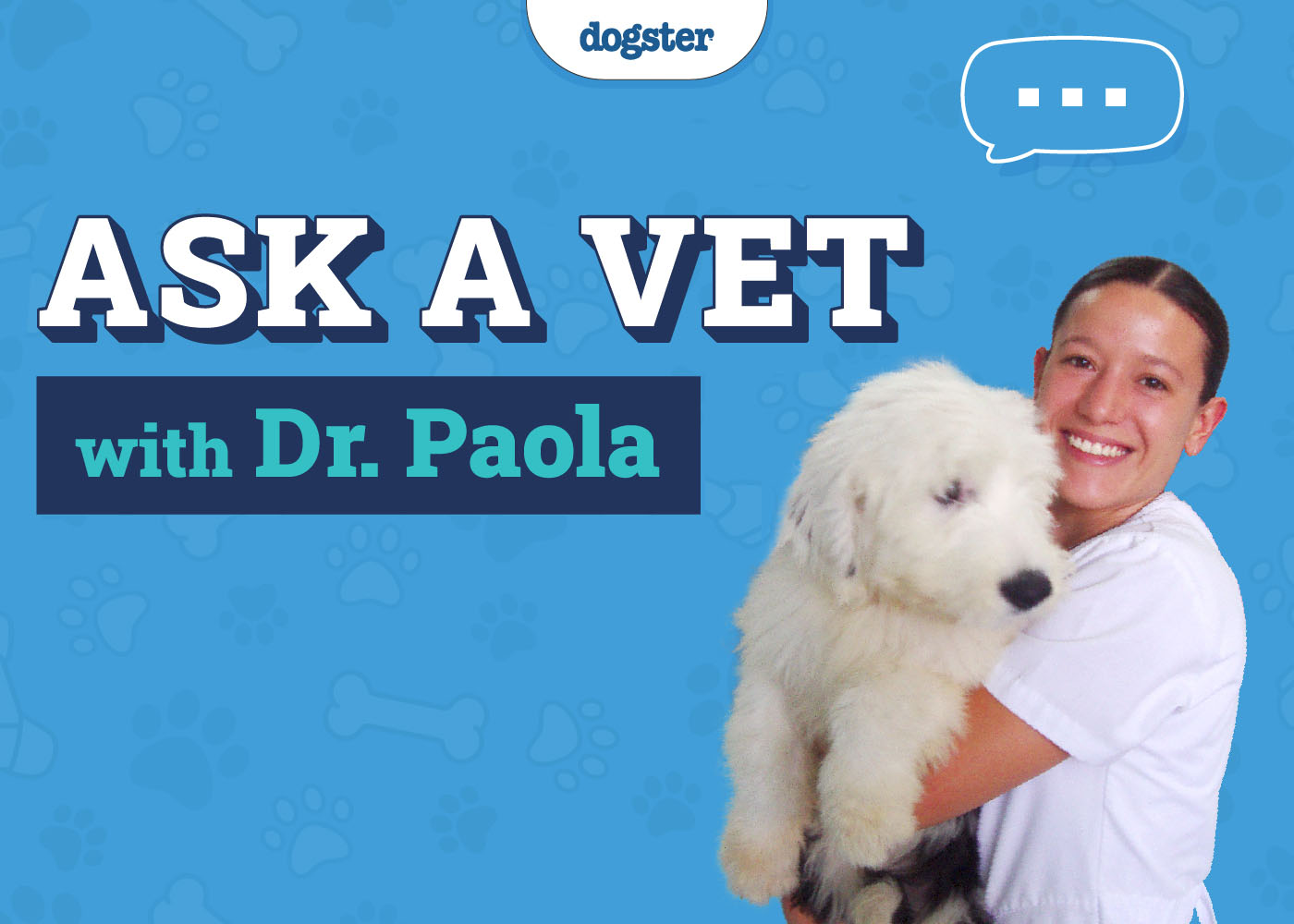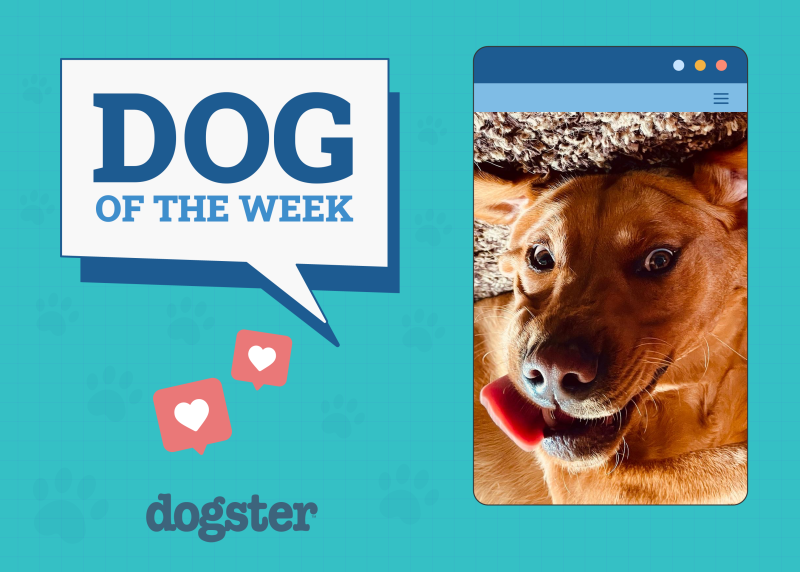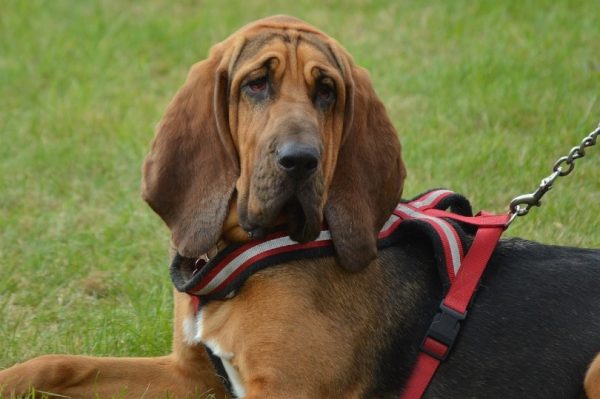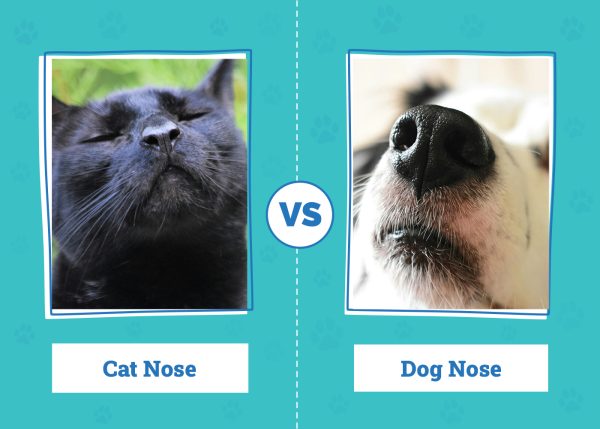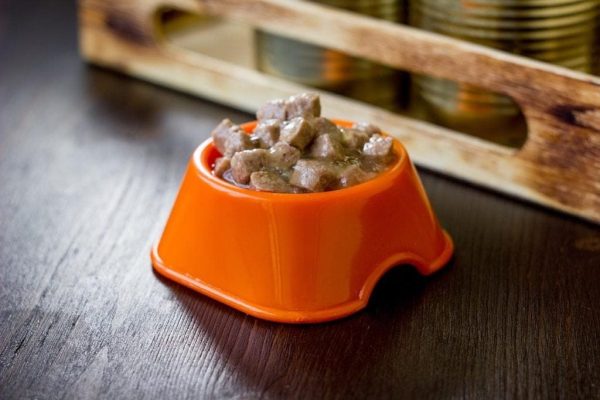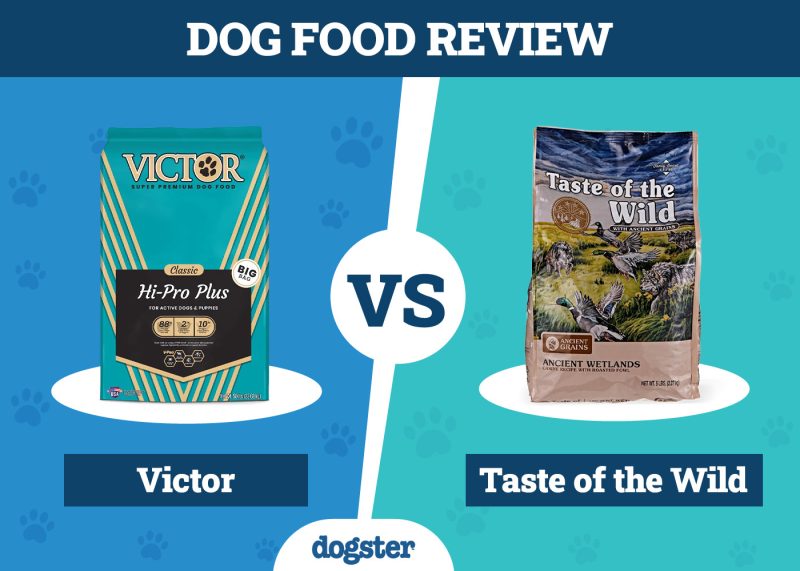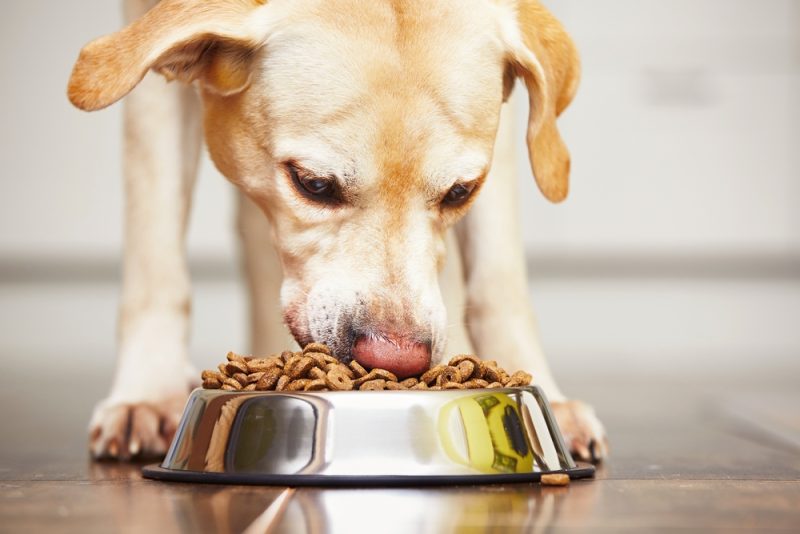Welcome to our “Ask Dr. Paola” series, where every Monday we bring expert advice straight from Dr. Paola Cuevas (MVZ) to help our readers better understand their dog’s health and well-being.
Whether you’re a new pet parent or a seasoned dog lover, Dr. Paola is here to provide answers to your most pressing questions. From nutrition tips and preventive care to troubleshooting common behavioral issues, Dr. Paola is ready to offer insights that will keep your furry friend happy and healthy. Stay tuned for expert guidance on a range of topics that matter most to you and your dog, so you can make informed decisions and provide the best possible care for your canine companion. Have a question? Send it in here! 
Help! Will My Dog Ever Regain His Eyesight?
“Dear Dr. Paola,
Could my dog regain his sight after going blind? Is there any treatment that can help him?” – Geraldine (Chance’s Mom)
Hi Geraldine,
I’m so sorry to hear about Chance’s vision loss. Whether his sight can be restored depends on the underlying cause, which a veterinary ophthalmologist can determine through a detailed evaluation. This may include examining the eye structures with a slit lamp, measuring intraocular pressure to rule out glaucoma, and performing an electroretinogram to assess retinal function. Some causes, like cataracts, are treatable with surgery to replace the clouded lens and restore vision. However, conditions such as progressive retinal atrophy or sudden acquired retinal degeneration syndrome (SARDS) result in permanent vision loss. SARDS, in particular, causes a rapid and irreversible loss of retinal function, meaning Chance’s blindness would, unfortunately, be permanent.
If his vision cannot be restored, you can help him adapt and thrive with a few training and environmental adjustments. Since Chance can still hear, combining vocal and tactile cues is an excellent way to guide him. For example, a gentle tap on his left or right shoulder paired with “left” or “right” can help him navigate turns. A touch on his chest or back with the word “stop” can signal him to halt, while tapping his front paw and saying “stairs” can warn him about steps. Consistent reinforcement of these cues will help him feel more confident and secure.
Additionally, making his environment safe and predictable is key. Keeping his living space consistent, using textured rugs near doorways or at the top and bottom of stairs, and clearing obstacles from his paths can make it easier for him to navigate independently. Blind dogs adapt remarkably well with love, patience, and thoughtful changes. So know that regardless of the outcome, Chance has a high chance to adapt beautifully and continue to thrive. You’re giving him your care and support, and that’s what matters most.
Best wishes,
Dr. Paola
If you want real time answers to your questions, you can talk to one of our veterinarians online. Click on the image or button below:


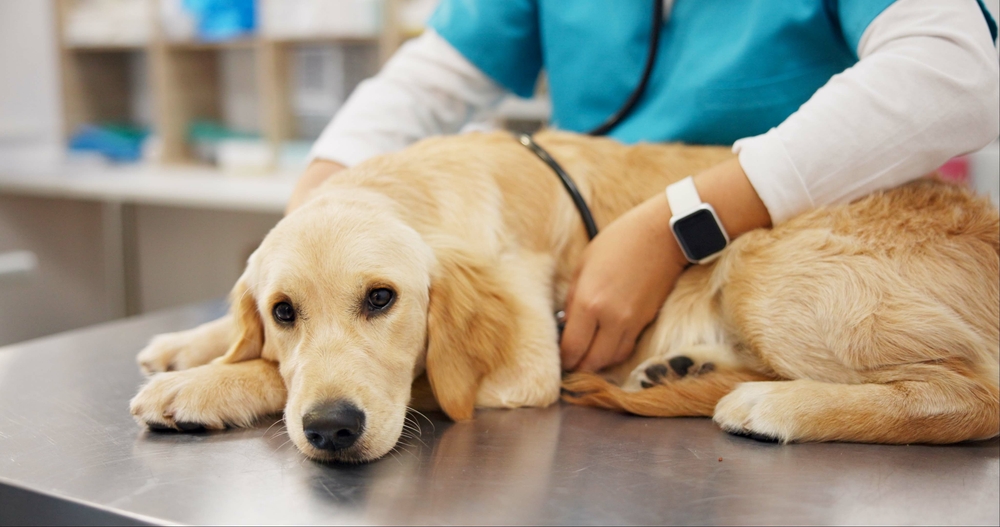
Help! I Am Worried About My Dog Post-Op!
“Dear Dr. Paola,
After a dog is neutered, are there any lasting side effects of the anesthesia after it wears off?” – Anthony (Bam Bam’s Dad)
Hi Anthony,
It’s great that you’re staying informed about Bam Bam’s care. After a dog is neutered, most of the effects of the anesthesia will wear off within a few hours, but it’s not uncommon for dogs to experience some mild, temporary side effects as they recover. These can include slight grogginess, disorientation, nausea or vomiting, or even chills and a bit of shivering for up to 24 hours. Some dogs may also seem a little wobbly or have a reduced appetite, which is normal as their body processes the anesthesia.
Long-term side effects from anesthesia itself are rare, as modern anesthetics are very safe and well-tolerated by most dogs. However, it’s always a good idea to monitor a dog for any signs of prolonged lethargy, persistent vomiting, or unusual behaviors, as these could indicate a reaction or another issue. If you have any concerns, reaching out to your veterinarian or even utilizing an online veterinary consultation can provide professional guidance and help determine if an in-person visit is necessary. With rest, care, and plenty of love, Bam Bam should bounce back quickly and be his playful self again soon!
Dr. Paola

Help! My Dog Is Having Seizures!
“Hello Dr. Paola!
I have a 1.5-year-old full-blooded Siberian husky who started having seizures about 4-5 months ago. My vet did a full blood panel and everything was normal. He put him on anticonvulsants, and when Roscoe still had seizures he upped the dosage. He has had a total of 5 seizures, two of which were when he wasn’t on any kind of medication, two when he was on 1 x 100mg twice/day, and just had the other one today and he’s been on 2 x 100mg caps twice a day for about 3 weeks now. I know the anticonvulsants don’t completely take seizures away, but my question is, are all anticonvulsants the same in the way they treat seizures? Or are there some that act differently? Should I ask my vet to try a different medication? He is currently taking Zonisamide. My vet did say that it could be something more serious like a brain tumor, but we haven’t yet done an MRI of his brain. I got Roscoe when he was about 6 months old from a lady that was rehoming him, I was the fourth person to have this dog, so I’m not sure if he had any seizures prior to me getting him help. I can’t keep watching my dog have seizures, it breaks my heart!!!!” – Amanda
Hi Amanda
Thank you for reaching out about Roscoe. I can only imagine how distressing it must be to see him go through seizures, but your dedication to understanding his condition and exploring the best care for him is truly admirable. While I can’t provide specific medical advice for Roscoe, I am happy to share some general information about anticonvulsants, seizure management, and Siberian Huskies that might help guide your discussions with your veterinarian.
Anticonvulsants like Zonisamide are used to reduce the frequency and severity of seizures, but they may not always eliminate them entirely. These medications work in different ways, and they’re not all the same. Zonisamide stabilizes neuronal activity, while others, such as Phenobarbital or Levetiracetam, target different pathways in the brain. For dogs whose seizures aren’t fully controlled on one medication, veterinarians sometimes introduce a second anticonvulsant to complement the first. Seizure management is highly individualized, and treatment plans often evolve as veterinarians tailor the approach to each dog’s response and unique circumstances. Your veterinarian’s adjustments to Roscoe’s dosage are, therefore, a reflection of his or her good management of the case.
It is important to consider that Siberian Huskies, have a known genetic predisposition to recurrent seizures. Idiopathic epilepsy is a seizure disorder with no identifiable cause. This condition typically appears in dogs between six months and six years of age. However, seizures in Huskies can also be triggered by other factors, including structural issues in the brain, metabolic imbalances, or even environmental stressors. This makes diagnostic testing, such as the bloodwork your vet has already performed, an essential first step. If your vet is considering the possibility of underlying conditions, like a brain tumor, he might also request further diagnostic tests, such as an MRI.
Amanda, please keep in mind that your observations are extremely important in helping your vet tailor and adjust Roscoe’s treatment plan. Keep a log with all the important information, and ask your vet for guidance about what to include there. And thank you for not giving up on Roscoe!
Wishing you and Roscoe all the best!
Dr. Paola
- View past week’s questions here: January 6, 2025
- See our full list of past articles here
- Click here to submit a question
- Get Dr. Paola’s weekly advice sent straight to your inbox. Sign up below!


